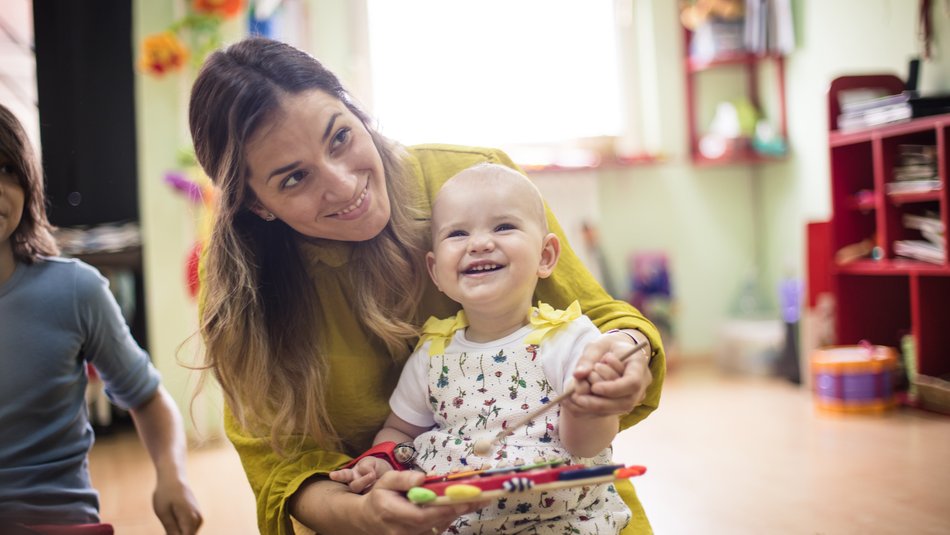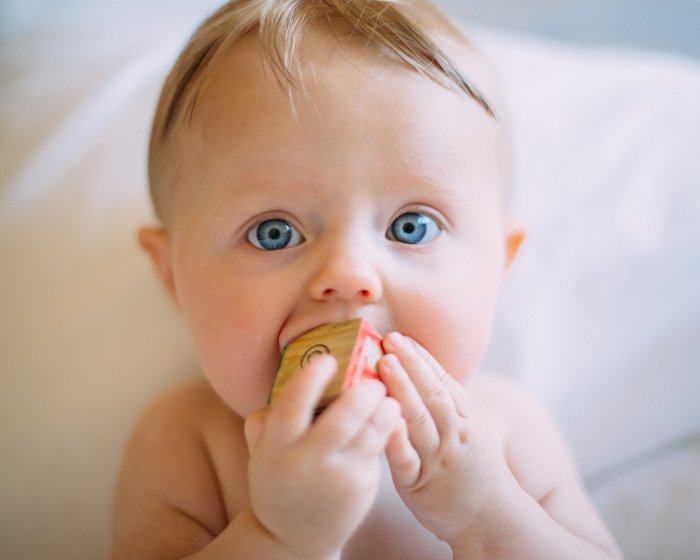Fostering babies and their parents: Ann and Paul’s story

The demand for parent and child fostering is on the rise. Ann tells us why she chose to do it and what's involved
When Ann and Paul approached Action for Children, they wanted to foster babies.
They went along to a fostering information event and heard about a different type of fostering. Parent and child fostering is a short-term arrangement involving both the parents and their children.
Ann said, “We were handed a parent and child fostering leaflet and I just thought, this is it, this is what we want to do. I didn’t even know that this type of fostering existed. We’ve been parent and child carers for five years now.”

The couple were not discouraged by apprehensions from others about the challenges of fostering. Motivated by their own family circumstances, they were keen to help vulnerable families.
“I am a mum to three daughters, and a grandmother. When my grandson was born early at 34 weeks, both my daughter and grandson were unwell. They moved in with me so I could support them, so I was able to be very hands on.
“I thought if I can do that for my own daughter and child, I sure can help somebody else’s daughter and their babies.”
Ann and Paul live at home with their 25-year-old daughter Amber, who is also their back up carer. So when Ann and Paul need to take some time out, their daughter can step in.
“Amber is a midwife, so her knowledge of babies comes in handy. Our other daughters are always there for us too, listening to any problems we may have and supporting us when we need help.”
Being a parent and child foster carer is about knowing when to step in and offer some support, whilst still enabling the parent to do the parenting.

“We’re there in the background for anything they may need. We help the parent with everyday things you would do with a new-born baby, like making feeds, bathing, and making sure they get themselves into a good routine. We’re also here for the parent too, making sure they get the care and rest they need.”
Carers also provide detailed recordings about how the family are getting on. The courts will later decide if it's safe for the child to remain with the family. The recordings play an integral part in this decision-making process.
A typical stay will last for three to four months, but some families may need to stay up to 18 months. “Over the years we’ve had eight families stay with us, and every time it’s been a different experience.”
If a parent decides to move on, the child can remain with the foster carer.
“We fostered one little boy for two years until a permanent family was found for him. We fell in love and still see him now. He calls us Auntie Ann and Uncle Paul. His new family are wonderful people, and we still feel like he’s a part of our family.”
Want to know more about the assessment process?
Foster carers, including parent and child carers receive 14 days paid breaks a year. This is really important to enable carers time to rest and recharge. Parent and child carers can take additional time out between families arriving.
“We have a caravan, so we go there to relax, it’s something we really need because parent and child fostering is 24/7. It demands a lot of flexibility, when you have a family with you, you don’t really have time out.”
“Having a good support network around us has meant we can foster successfully. Action for Children have been brilliant. We’ve got a fantastic social worker, if we have any problems, she’s always there for us. We instantly bonded with our fostering social worker at the beginning of our fostering assessment. It’s why we chose Action for Children over other agencies.”
“If you’re thinking about parent and child fostering, my advice would be to do your research first. Be open and honest with yourself and then discuss any worries you have with your local team, or social worker, because they’re there to help you and not catch you out.
“And go with your heart – we did, and we’re so happy we’ve come this far on our fostering journey.”




